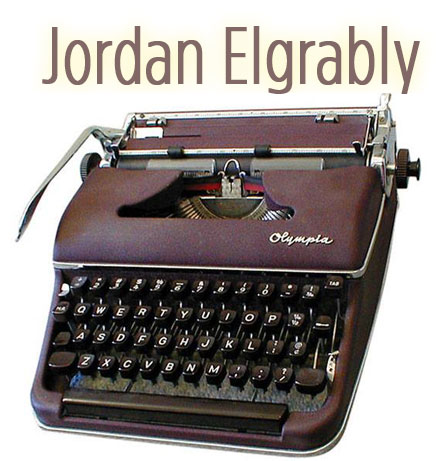Alternet, September 20, 2013
By Jordan Elgrably
Every now and then a little sunshine breaks through, and Palestinians enjoy the light. Thanks to occasional complex portrayals in film, television and documentary reporting, they become real people with a cause we can all relate to, seeking justice and freedom.
That was true of the Palestinian characters in Steven Spielberg’s Munich (2004), who weren’t cardboard villains, but human beings. It was even more apparent the following year in Hany Abu-Assad’s Paradise Now, which was the first Palestinian film to land an Oscar nomination. In Paradise Now, we empathized with West Bank youth and understood what could drive them to consider becoming human bombs. In 2009, Cherien Dabis brought the Palestinian struggle to America, with her film Amreeka, about a single mother from Ramallah, who gets her teenage son out so he’ll have a future.
Earlier this year, the documentary 5 Broken Cameras—another Palestinian film up for an Oscar—won the sympathy of Michael Moore, Dustin Hoffman and others. Emad Burnat’s personal story of documenting the struggle against the building of the wall snaking through West Bank land was a David vs. Goliath tale—it tells the story of Bil’in and that Palestinian village’s non-violent resistance against Israel’s mighty military and cruel dividing wall.
Yet one suspects it is still risky in Hollywood to express your sympathy for the Palestinian people. In a 2011 interview, Steven Spielberg told me in response to Munich (which boasted a progressive script by playwright Tony Kushner) he felt pushback from industry colleagues. He also explained that he had attempted to do a joint Israeli-Palestinian youth peace project, with a commitment from Sony Studios to send 400 cameras to the Holy Land, but “they shut it down.”
In 2012, when I approached producer Harvey Weinstein to congratulate him for supporting Julian Schnabel’s film Miral, which depicts the 1948 Arab-Israeli war from the Palestinian perspective, he virtually ran the other way.
Why is talking about the Palestinian struggle still like opening a can of worms? What are people in Hollywood really afraid of? American presidents from Carter to Clinton to Obama have raised the peace process in our national consciousness. Authors including Noam Chomsky, Edward Said and Norman Finkelstein have published volumes showing the Palestinians to be the underdogs in the narrative.
Working in the field of cultural diplomacy, I meet many actors, writers, directors and producers. A number of the Arab/Muslim Americans who work in the entertainment industry have personally expressed to me their dismay at the paucity of three-dimensional character roles. Just look at the Arabs in Iron Man, who are textbook terrorists, living in caves no less. Remember the Iranians in Argo? Out of dozens on screen, only one—a maid—was depicted as a human being. The others who spoke Persian throughout the film were not subtitled till near the end of the story, when one of the Americans at the airport began speaking Persian. Then suddenly everyone was subtitled. The result of not understanding the Iranian hostage-takers or Iranians in the street was that they were ciphers, and therefore, monsters.
Arabs/Muslims who work in the entertainment industry say they don’t dare discuss their political views with their colleagues. Palestinian Americans are even more likely to remain in the closet. To talk about their roots, and perhaps the fact that their parents or grandparents were expelled from their homes in 1948 by Jewish soldiers, would be too risqué. Behind the camera, Arabs/Muslims and Jews work together all the time in the industry, but rarely can they be heard discussing the Israeli-Palestinian conflict. Arabs don’t want to be accused of being “anti-Semitic” for criticizing Israel’s policies and practices. The fact that they are themselves Semitic is often lost on their Jewish colleagues.
So in Hollywood, everybody gets along, and we all love one another. We just don’t talk about anything that could offend or incite a meaningful political discussion. Yet such public conversation is just what’s needed at a time when President Obama and Secretary of State John Kerry are pushing hard for a peace agreement between Israelis and Palestinians.

